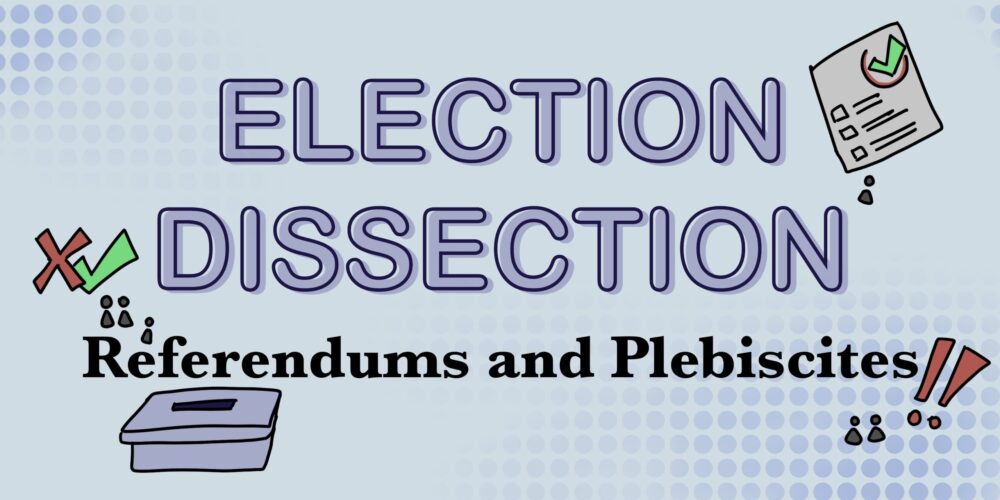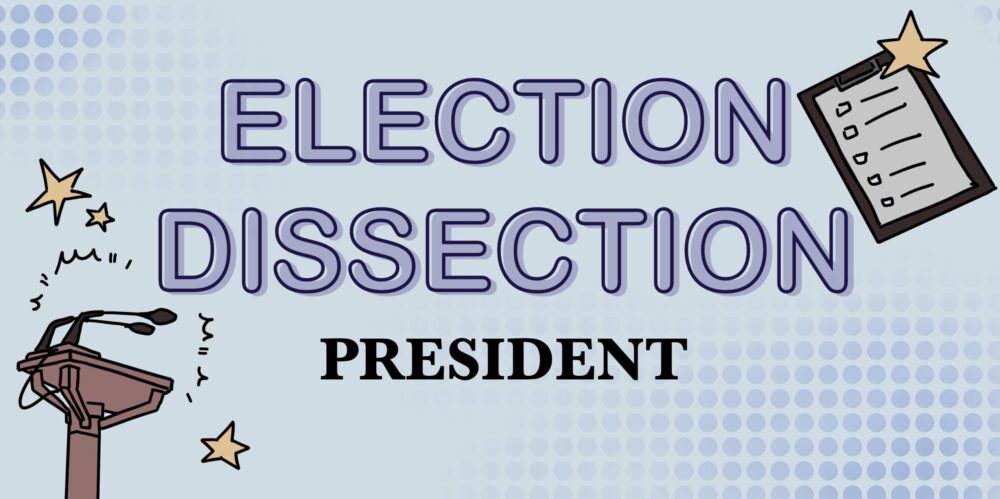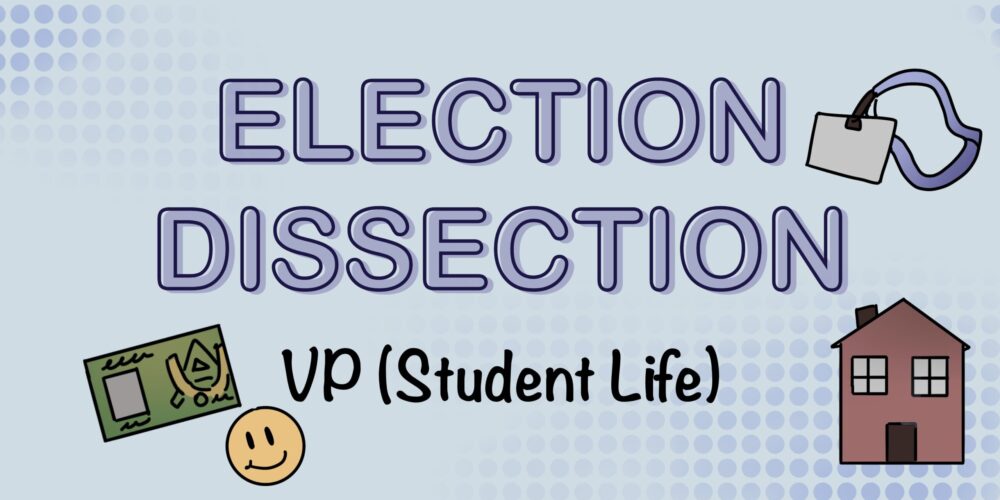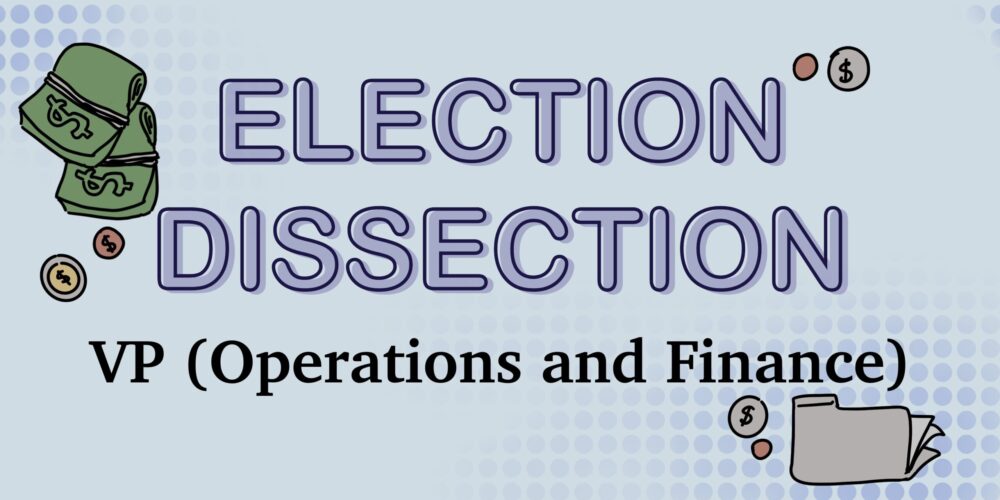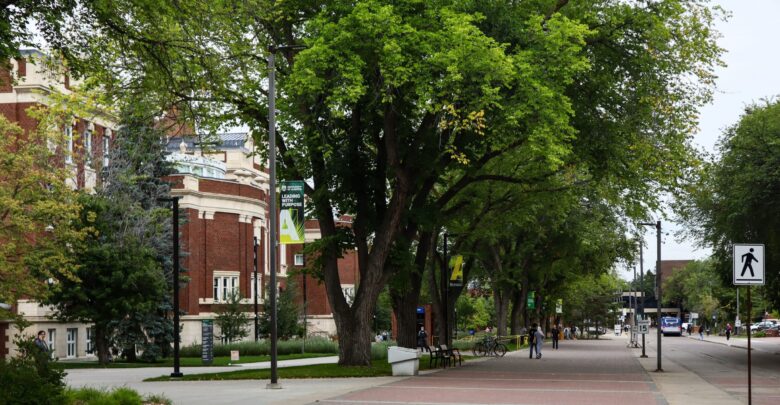 Leah Hennig
Leah HennigThe more time I spend at the University of Alberta, the more I start to think consultation is just a pretty word. It’s nice to slap onto a strategic plan or point to as proof that you care about something. But in actuality, the U of A just seems to be going through the motions.
This was on full display on January 21 at the U of A Students’ Union (UASU) council meeting. The Coalition for Affordable Course Materials (CACM) presented on its work on making academic materials more affordable for students. Students, of course, are no strangers to forking over a good chunk of change every semester for their course materials. Yet, the CACM showed a stunning lack of interest in listening to students.
The Zero Textbook Cost (ZTC) and open educational resources (OER) part of the presentation was pretty standard. These are programs that have been in the works for some time now. And generally, they seem to be working relatively well.
The third component, however, was familiar in a less welcome way. The First Day Access (FDA) program would allow students to pay a flat fee each semester to get temporary access to required course materials. That doesn’t sound so bad at first. But the university presented a similar program to Students’ Council before, under the name of the Academic Materials Program (AMP). And council unanimously opposed the implementation of the program in late 2023.
Aside from the name, FDA doesn’t seem to differ all that much from AMP. One significant change is the inclusion of automatic exemptions for students who are enrolled in all ZTC or OER courses. However, if even one of their courses is not ZTC or OER, they would be charged the flat fee unless they opt-out.
So why did the university bring this program back a little over a year later? Who knows. For a program and coalition that is meant to address an issue students face, it makes little sense to ignore their concerns. And once again, council voted to oppose the implementation of the program.
Only Levi Flaman, vice-president (operations and finance) (VPOF), opposed the motion to express opposition to the program. The only reason for his opposition was that he wanted council to prepare a formal report to express their opposition as they had done the year before. The UASU did eventually release a statement in opposition to FDA. Student representatives from Students’ Council, General Faculties Council (GFC), and other student associations also signed onto the statement.
Several councillors repeatedly raised concerns about the program throughout the meeting, especially around FDA being an opt-out program. Layla Alhussiany, UASU vice-president (academic) (VPA), shared a letter from the Campus Services office, which stated that the university only expects the program to benefit 7,000–9,000 students. With roughly 37,000 undergraduate students at the university, that’s only 18 to 24 per cent of students that would stand to benefit from this plan. The university expects the rest, roughly 30,000 other students, to opt-out of the program.
In all reality, it’s highly unlikely that the program would see more than 75 per cent of undergraduate students opt-out of the program. Student opt-out rate is generally quite low for most programs or fees. The UASU knows this well, as it has fees which students can opt-out of. Councillors repeatedly brought this up as a concern.
Students who don’t know about the program and don’t opt-out would then pay the flat fee and likely still buy course materials. The current structure would likely lead to students spending more each semester rather than making things more affordable for students.
Yet the presenters seemed to have a hard time grasping this issue. In typical university fashion, they repeatedly pointed to their student consultation. However, Alhussiany stated that when the coalition consulted the UASU executive team, information on the FDA was not provided at that meeting.
This presentation doesn’t exactly give the sense that CACM is taking students and their elected representatives seriously in the consultation process. If they had, I don’t think this program would have been presented for a second time. To pursue this program any further after Students’ Council has opposed it again would be a slap in the face to student consultation.
But this kind of consultation isn’t anything new. The U of A has done this with other things, whether that’s SHAPE, its 10-year strategic plan, or academic restructuring. It consulted students and staff, but didn’t necessarily take what it heard to heart.
At other times, the U of A just completely forgoes consultation with students or staff. The change from Equity, Diversity, and Inclusion (EDI) to Access, Community, and Belonging (ACB) is a perfect example. The university consulted neither the Association for Academic Staff of the U of A (AASUA) nor the UASU.
Students are facing mounting costs when it comes to pursuing their education at the U of A. Instead of offering meaningful solutions to that issue, the U of A is choosing to go ahead with the FDA. Something that could cost students an extra $250 per semester if they forgot or don’t know they need to opt out.
It should be no surprise that the FDA isn’t going to have the positive impact the university seems to think it will, if the university isn’t listening to the people it’s meant to help. That same can be said for other supports and services at the U of A. Or just the U of A experience more broadly.
I don’t think it’d be a stretch to think that perhaps the people who have the most authority to speak on this would be students themselves. Or their elected representatives. Yet, it doesn’t seem like the U of A is taking these voices seriously.
Student consultation needs to go beyond conversations and meetings that the university later seems to just ignore or forget about. Student consultation — and consultation in general — seems to be something to keep up appearances. It’s great for the university to point to to prove that it cares about students. But it needs to go deeper than that.

